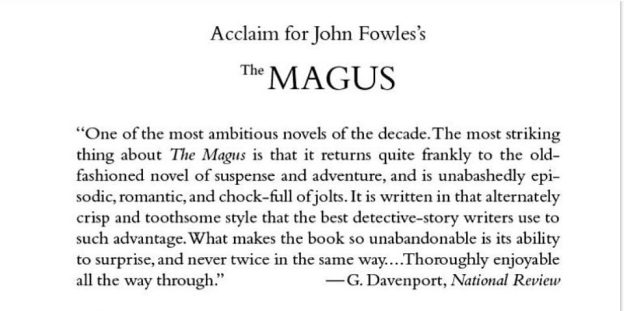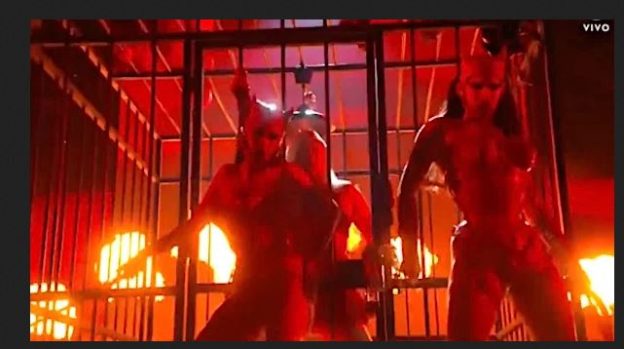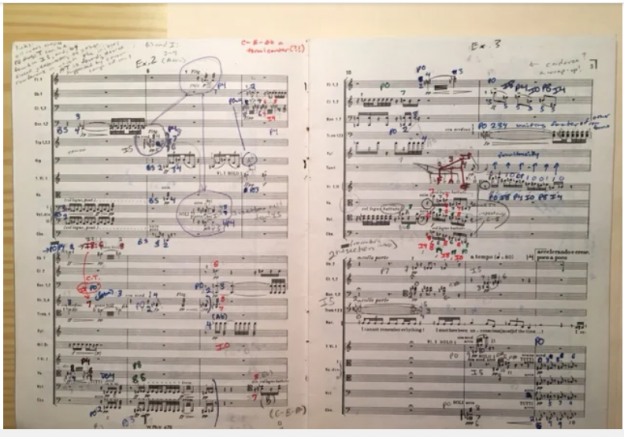It is remarkable how many individuals who cannot write, much less conjugate the verb to “spit” (past tense “spat,” in proper English), have attempted to review John Fowles’s The Magus.
Nick Dybek—Dybbuk, the possessed, is a better name for him—for example. No idea who he is but his grubby English alone disqualifies him from even glancing at this work.
I tried to grapple with The Magus (published in 1965, rev. ed. 1977) when barely into my twenties. I had just left Israel having returned to South Africa, so my command of English was not up to the task. I struggled.
The prosaic mind will not possess the necessary imagination and love of beauty for a book that brilliantly plays with your mind, but takes you through exhilarating labyrinths of art, history, the follies of mysticism and psychiatry, other mid-century fads of Europe and England; a lost natural world where the Greek Islands were pristine not yet swamped with smelly tourists; to metaphysics, political philosophy and the phoniness of dying for the state, for a peddled patriotism, not to mention the best description EVER of the killing fields and suicidal battle technique and posture practiced in World War One:
“…the whole butcher’s shop of war”. And, “I saw only Thanatos.” “A desert of the dead.”
Stunning writing (which only writers who craft sentences could appreciate).
I feel good for I have used “Thanatos” in my book, Into The Cannibal’s Pot, as the most apt concept to describe the drive of the white man who gives up his birthright. But I can understand the trouble an idiot reviewer would have, for most would be unfamiliar with the term and its provenance.
The Magus achieves the purpose of great literature:
If you can’t put down a work of over 600 pages—a novel has achieved its purpose. Of course, the English is exquisite and the author ever-so old Oxbridge educated. Not pretentious; just truly educated as once provided by a traditional, classical liberal arts education in the English Ivy League.
I think people who are pedantic and reductive in their oppositional inability to assimilate art and beauty will see all kinds of “isms” in this book: ” “leftism,” “postmodernism”. I disagree with such a miserable and immiserating approach to art.
Literature is either good or bad. It either takes you on a scintillating trip or mires you in dour tedium. The postmodernism tag, moreover, seems to be used as a cudgel by those who inhabit the American English department, or are of its mindset, where postmodernism was perfected—the kind of reader who has never read gorgeous English prose, and wishes to appear sophisticated by raping the literature with artificial constructs.
National Review pegged this old work correctly, as thoroughly traditional in its sweeping style.
For heaven’s sake: John Fowles was an English gentleman born in 1926. He described the mid-twentieth-century as “androgynous”! If our author toyed with the idea that the sexes had merged then; imagine his thinking had he lived today. Nuance, folks, not labels.
I’m only on page 247 and may well regret my enthusiasm. But, for now, I second the august dust-jacket reviewers on my copy, from National Review to the Charlotte Observer, to that of New York Review of Books, whose verdict was:
* “One of the most ambitious novels of the decade….”
* “Brilliant and colossal….Impossible to stop reading.”
* “A marvel. John Fowles is a master of literary magic…”
* “The book is genius throughout and often beautifully written….”
* Mr. Fowles has accomplished an imaginative tour de force, comparable to the more exciting work of Nabokov, brilliant, elegant, inventive, profound without solemnity… It is an extraordinary novel…”
* “…Fowles writes his way beautifully through the demands of text which calls for every kind of descriptive passage.”
These are observations that could not be made today. The last is particularly smart, for the storyline and the breadth of the thing–The Magus–are formidable. The text—this grand superstructure—demands the bone and blood of the author, which it gets.




